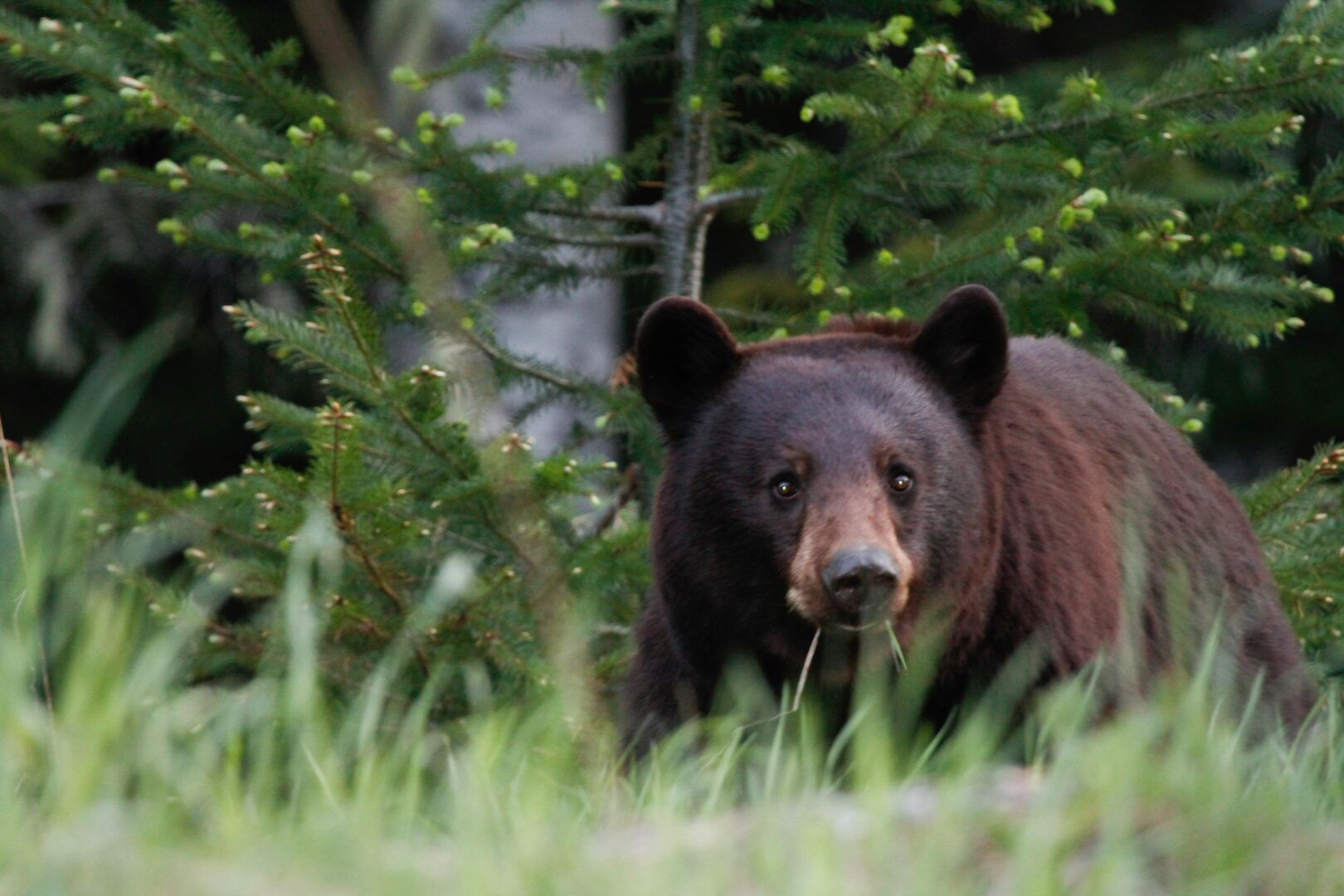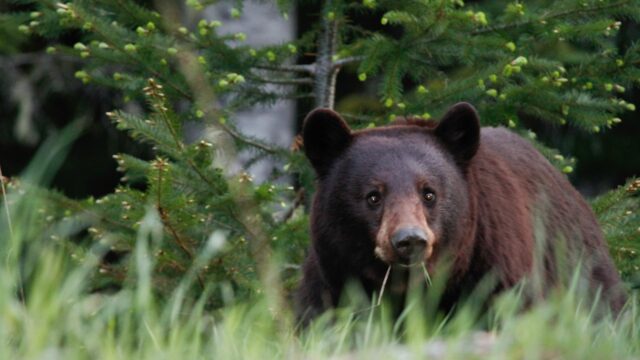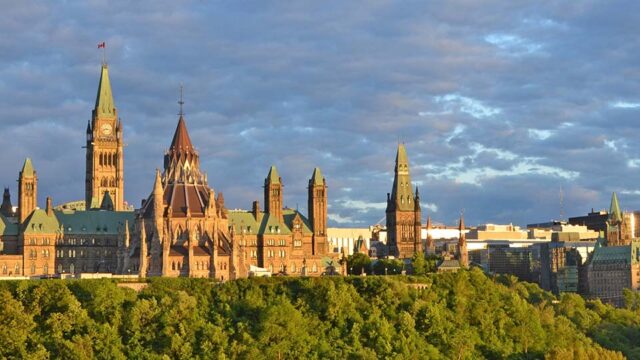VANCOUVER/UNCEDED xʷməθkʷəy̓əm (MUSQUEAM), Sḵwx̱wú7mesh (SQUAMISH) AND səlilwətaɬ (TSLEIL-WAUTUTH) TERRITORIES — We congratulate British Columbia, the federal government and First Nations Leadership Council (FNLC) on announcing a new Tripartite Nature Agreement today to advance biodiversity protection across the province. The agreement aims to address the twin crises of biodiversity loss and climate change by enabling collaborative work between the three parties to protect and recover species at risk and conserve the natural spaces they depend on.
Ecojustice is pleased that the agreement recognizes the importance of Indigenous leadership in the stewardship of biodiversity in the province. The agreement could be a starting point towards helping the province realize its commitment to protect 30 per cent of the lands and waters by 2030 (30×30), so long as it’s supported by legally-binding tools for meaningful conservation. Several key highlights of the deal include:
- Commitments that potentially strengthen protection and support recovery for species and ecosystems at risk;
- Funding and commitments to support Indigenous leadership in conservation, including that the agreement be carried out in a manner consistent with UNDRIP;
- Mandating the creation of a Tripartite Nature Committee comprised of representatives from Canada, B.C. and the First Nations Leadership Council to coordinate activities under the agreement; and
- $1 billion in funding, which includes new federal funding and contributions from BC through existing funding programs
Whether the deal lives up to its potential will depend on if and how the commitments are implemented and supported on the ground. Ecojustice spokespeople released the following statements in response to the agreement:
Sarah Korpan, B.C. legislative affairs specialist, Ecojustice said:
“The agreement holds some promising commitments, including a statement reiterating B.C.’s intention to co-develop new legislation to make biodiversity and ecosystem health a priority in everything government does. Ecojustice has long advocated for this to address the province’s current patchwork of laws that prioritize land exploitation over land stewardship. This commitment is a potential step toward releasing the tight-fisted hold that big, profit-hungry industry actors have over this province.
“This agreement is ultimately a starting point for enabling collaborative action between B.C., the federal government, and First Nations — but enabling action and taking action are two different things. We have many commitments from B.C. to future action, but if the status quo continues in the meantime, there will be little left to protect by the time this agreement is implemented.
“The dire state of B.C.’s biodiversity and old growth forests makes our call to action abundantly clear: we need immediate, meaningful protection of remaining at-risk ecosystems in B.C., in partnership with First Nations. This requires continued funding to offset economic impacts and support sustainable economic alternatives, while working toward durable, long-term solutions for addressing the biodiversity crisis.”
Victoria Watson, lawyer and law reform specialist, Ecojustice said:
“I applaud FNLC for their concerted efforts in bringing this tripartite agreement to fruition in a way that recognizes Indigenous rights to self-determination and inherent jurisdiction in biodiversity and ecosystem stewardship. This is an integral step in upholding robust legal pluralism and enabling coordinated efforts targeting the biodiversity and climate crises.
“It is imperative that Canada and B.C. breathe life into the spirit of this non-binding framework by cooperating with all interested First Nations and prioritizing immediate action. Implementation of these commitments cannot wait, and the burden of timely cooperation cannot fall on First Nations. Canada and B.C. must willingly share in the exercise of authority on the ground.
“We also need to see a focus on quality, not just quantity. Achieving 30×30 must prioritize protection of the ecosystems most significant for biodiversity and Indigenous communities rather than areas the most convenient for industry interests, including the protection of old growth forests.”
Melanie Snow, federal legislative affairs specialist, Ecojustice said:
“Today, jurisdictional cooperation between the federal government, the province of British Columbia, and First Nations has brought a win for nature. A transparent and expeditious roll-out of this agreement — enabled through the existing and continued funding that now falls under this agreement — will be key to the rapid, on-the-ground protection of critical habitat. Measures such as this are crucial to the success of both B.C. and Canada in meeting the shared 30×30 target.
“The success of ambitious nature targets also depends on the ability for people in so-called Canada to hold the government accountable to these commitments. Earlier this year, federal environment minister Steven Guilbeault committed to enshrining Canada’s biodiversity targets into law by 2024. Following through on this promise will be another important step in helping Canada become a leader in the fight to halt and reverse global biodiversity loss.”




